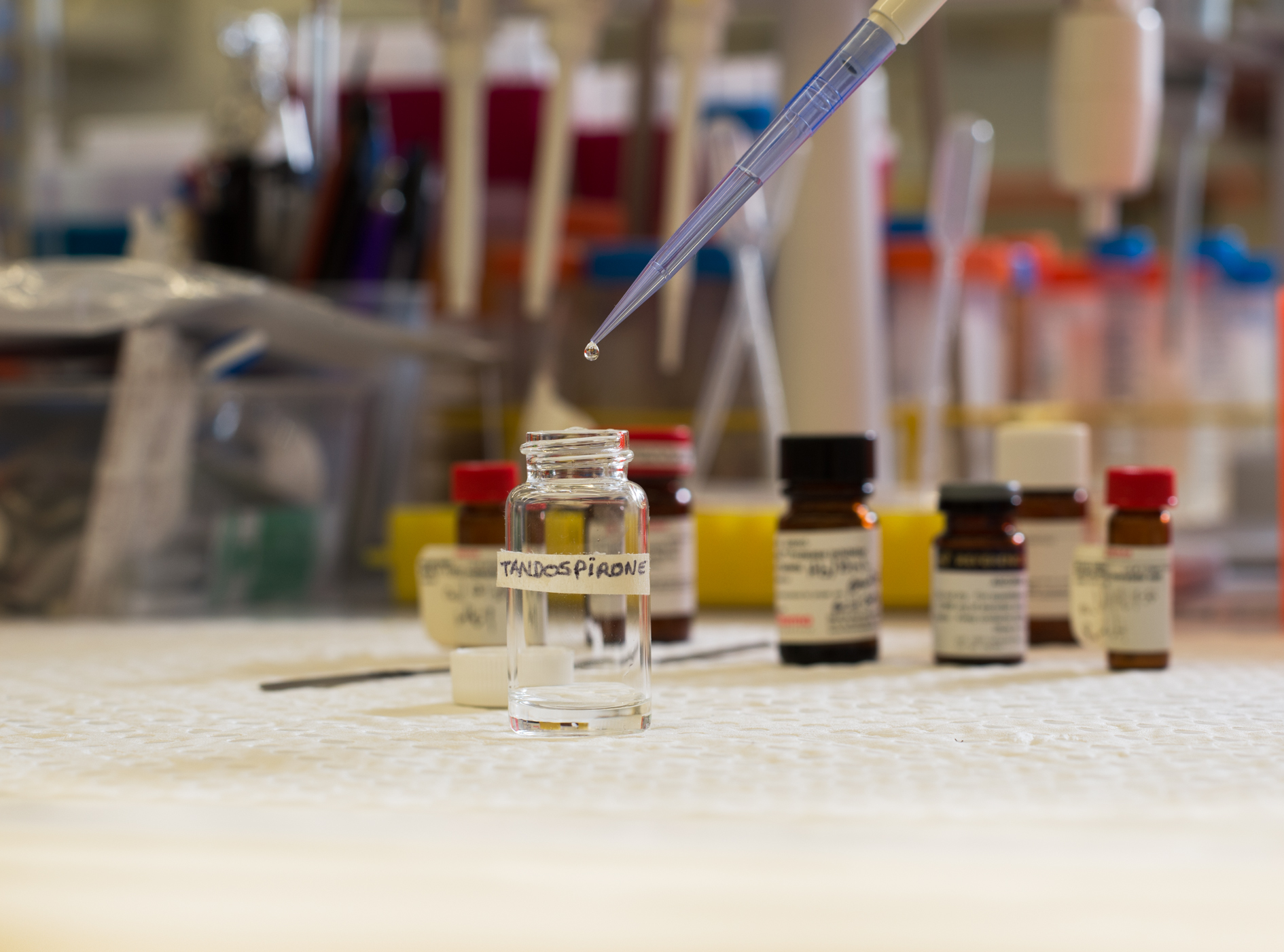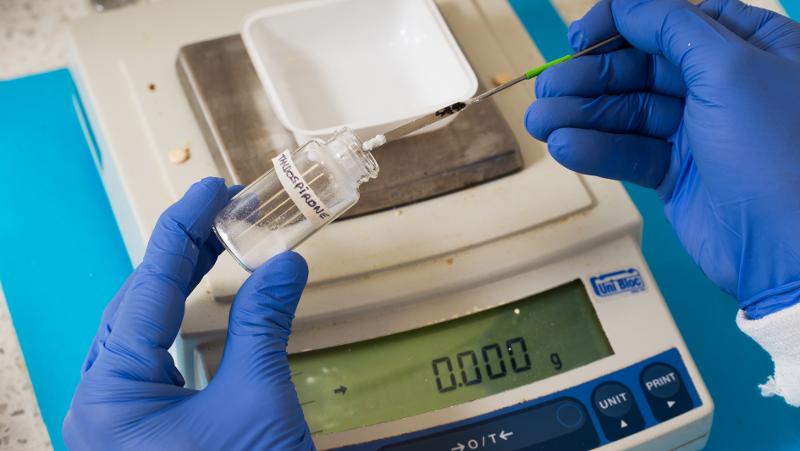Drug Reverses Effects of Alcohol on the Brain
Recently, researchers have identified a drug that could help reverse the damaging effects of heavy alcohol consumption on the regeneration of neurons (brain cells). The drug is called ‘Tandospirone’ and acts selectively on a serotonin receptor (5-HT1A) to improve neurogenesis – the ability of the brain to grow and replace neurons.

“We know that with heavy drinking you are inhibiting your ability to grow new neurons, brain cells. Alcohol is specifically very damaging for neurons,” says study leader neuroscientist Professor Selena Bartlett from QUT’s Institute of Health and Biomedical Innovation. “This is a novel discovery that tandospirone can reverse the deficit in neurogenesis caused by alcohol.”
In the study, tandospirone was effective in stopping anxiety-like behaviors associated with alcohol withdrawal in adult mouse models. Additionally, the drug showed a significant decrease of just 15 weeks of binge-like alcohol intake. Findings have been published in Scientific Reports.

“Other studies in mice have shown that tandospirone improves brain neurogenesis, but this is the first time it has been shown that it can totally reverse the neurogenic deficits induced by alcohol,” says Bartlett. “This opens the way to look at if neurogenesis is associated with other substance-abuse deficits, such as in memory and learning, and whether this compound can reverse these.”
Tandospirone has been on the market for the treatment of general anxiety and is safe with minimal side-effects. “This drug is relatively new and available only in China and Japan. It is commonly used there and shown to be highly effective in treating general anxiety and well tolerated with limited adverse effects,” says Bartlett. “This is not just another drug that shows promise in helping to reduce binge drinking.”
Learn more:
“While it could possibly have that effect, it might be able to help reboot the brain and reverse the deficits the alcohol abuse causes – both the inhibition to the brain’s ability to regenerate, and the behavioural consequences that come from what alcohol is doing to the brain, like increases in anxiety and depression.”
-
MAY 07, 2024Is It Anti-RNP or Anti-Sm/RNP?
- See More
-
APR 30, 2024Immuno-Oncology Virtual Event Series 2024
-
MAY 07, 20243rd International Biosecurity Virtual Symposium
-
JUN 06, 2024The Future of Scientific Conferencing
- See More

















































